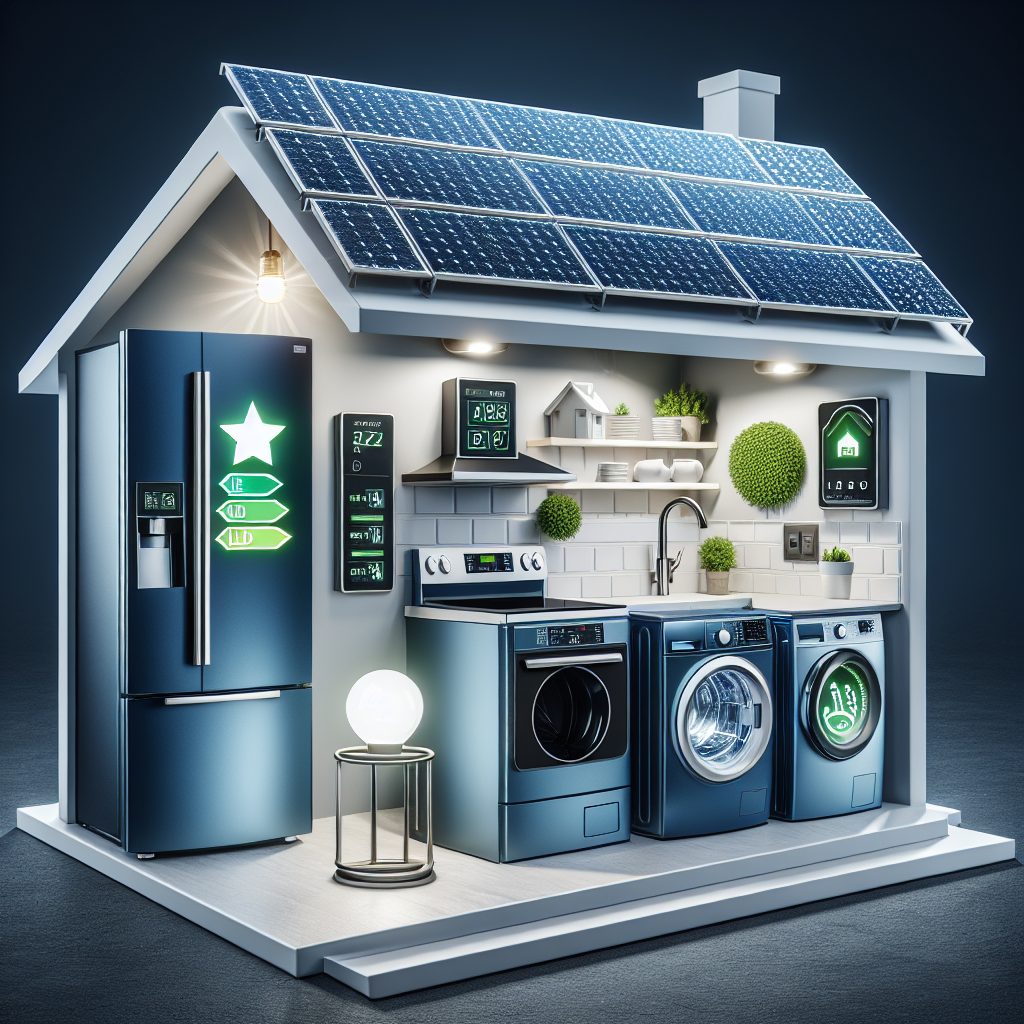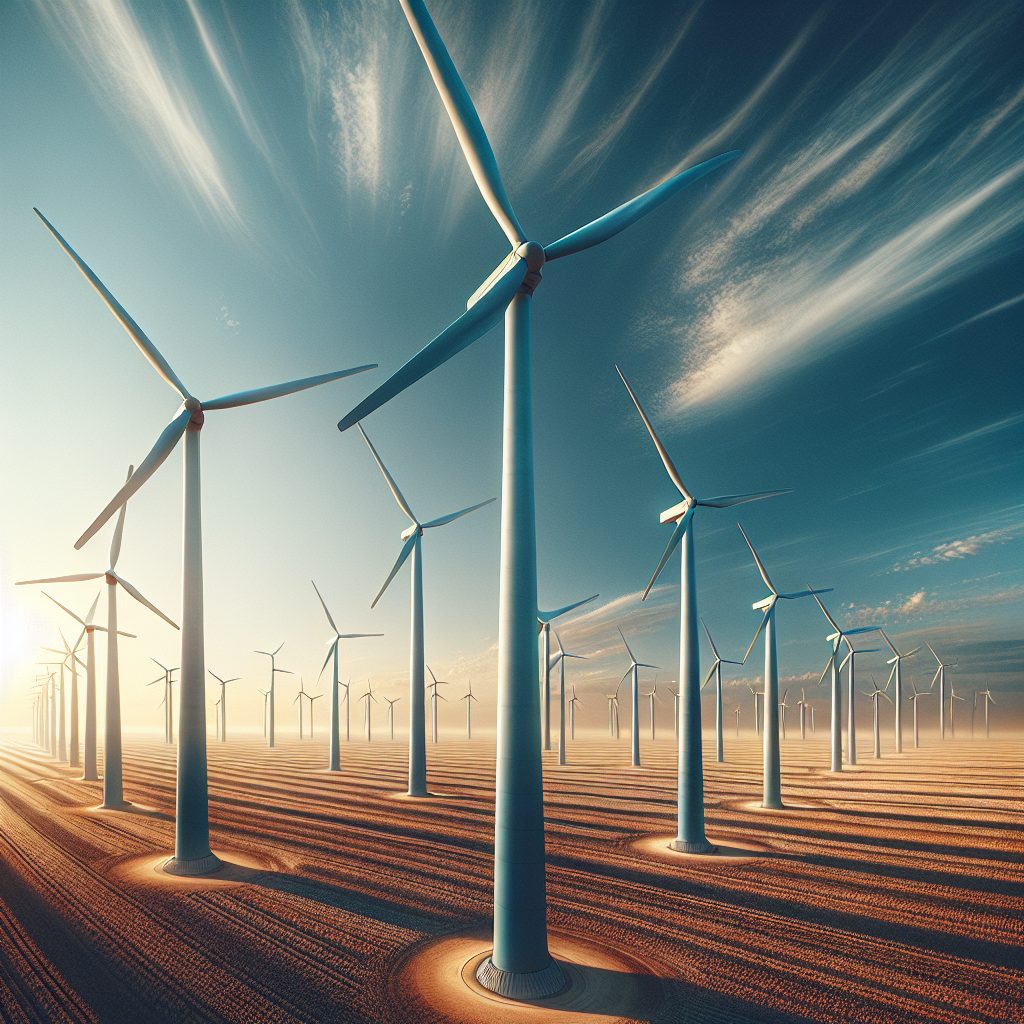
Energy-efficient appliances are one of the best ways to reduce household energy consumption. Such appliances use a fraction of the energy as compared to conventional appliances, and can save money on energy costs. These appliances often employ innovative technology or energy-efficient components which enable them to use significantly less energy than standard products. As a result, not only do these appliances save money on energy bills, they also do their part in helping reduce the carbon footprint of households.
When looking for energy-efficient appliances, there are usually special features to look for. Such features may include electronic controls or digital displays that show the amount of energy being consumed, specialized insulation or other material to reduce heat loss or energy waste, as well as energy efficient motors or fans that can be used in washers, dryers, refrigerators, and other ultra-cooling appliances. Additionally, energy-efficient appliances lack standby mode, which is what is typically found in non-energy efficient items and allows it to consume energy even when not needed. All in all, these features can help consumers save money on energy bills while also helping to preserve the environment.
Key Takeaways
1. Buying energy-efficient appliances can save households up to $500 annually on energy bills.
2. Appliances have a rating system to indicate how energy- or water-efficient they are.
3. Federal government standards help consumers identify and purchase more energy-efficient appliances with tax incentives.
4. Appliances may be labeled with an ENERGY STAR® certification to indicate the highest efficiency rating.
5. Energy-efficient appliances also help reduce emissions and contribute to a healthier planet.
What Are Energy-Efficient Appliances?
Energy-efficient appliances are those designed to use less energy than traditional home appliances. These appliances are usually labeled with the ENERGY STAR logo. ENERGY STAR certified products typically use about 20 to 50 percent less energy than traditional appliances, leading to lower energy bills for the consumer.
What Are the Advantages of Owning Energy-Efficient Appliances?
Owning energy-efficient appliances can lead to both economic and environmental benefits. By using less energy, these appliances will lead to lower energy bills for the consumer. Additionally, by consuming less energy, these appliances can help reduce the overall energy load on the environment, which can help reduce pollution and greenhouse gas emission levels.
What Appliances Are Considered Energy-Efficient?
Energy-efficient appliances can be found in many different forms and varieties. Common appliances that can be made more energy-efficient by replacing an existing, older model include: refrigerators, dishwashers, clothes washers, dryers, and other large appliances. Additionally, many electronics and lighting systems can be made more energy-efficient as well.
How to Choose the Right Energy-Efficient Appliances?
When selecting energy-efficient appliances, there are several factors to consider. Most importantly, consumers should be aware of the ENERGY STAR logo and look for it in the store as they make their purchase. Additionally, consumers may opt for appliances with the latest technologies such as LED lighting and insulation technologies. It is also important to check the product’s efficiency ratings and operational costs as well. Finally, consumers should consider appliance life expectancy when making their purchase.
5 Tips for Getting the Most Out of Energy-Efficient Appliances
1. Use the ENERGY STAR logo to identify energy-efficient appliance models.
2. Consider different insulation and lighting technologies for larger appliances.
3. Check the appliance’s efficiency ratings and operational costs.
4. Look for appliance models with higher life expectancy.
5. Consider energy-efficient options for electronics and lighting systems.
What are energy-efficient appliances?
Energy-efficient appliances are domestic appliances specially designed to operate with minimal energy or electricity consumption. These appliances typically come with a label or a “star rating” that designates their lighting efficiency or energy efficiency and can be found for a variety of different products such as lighting fixtures, refrigerators, air conditioning units, dishwashers, microwaves, and washing machines.
Are energy-efficient appliances more expensive?
The short answer is yes, energy-efficient appliances are generally more expensive than their traditional counterparts. However, the extra cost associated with energy-efficient appliances can be offset over time with the savings from lower energy bills and other additional incentives. Plus, many energy-efficient appliances come with longer warranties, helping to offset any upfront costs.
How much money can I save with energy-efficient appliances?
The exact amount of money you can save by switching to energy-efficient appliances varies by appliance and the product’s efficiency rating. Generally, energy-efficient appliances can save you 20-30% off your existing energy bills. For example, an energy-star-rated refrigerator can save up to 30% off an existing refrigerator’s energy costs.
Are energy-efficient appliances more reliable?
Energy-efficient appliances are often more reliable than traditional appliances, as they incorporate modern technology such as sensors and other components that can help to ensure they are running more efficiently. These appliances are also typically designed to last longer and often come with an extended warranty, which increases their longevity.
Where can I purchase energy-efficient appliances?
Energy-efficient appliances are available for purchase from a variety of retailers, both in-store and online. Popular retailers such as Best Buy, Home Depot, Lowes, and Amazon, to name a few, carry energy-efficient appliances for purchase.
Are energy-efficient appliances environmentally friendly?
Yes, energy-efficient appliances are more environmentally friendly than traditional appliances. These appliances consume less energy, which reduces the amount of emissions produced from burning fossil fuels. This can benefit the environment in a number of ways, such as reducing air pollution.
Do energy-efficient appliances require special care and maintenance?
Generally, no. Energy-efficient appliances typically require standard maintenance much like their traditional counterparts. However, some appliances may have specific instructions that need to be followed, such as the disposal of certain components when disposing of an energy-efficient product.
Can I use energy-efficient appliances in my home?
Yes, energy-efficient appliances can be used in any type of home. In fact, energy-efficient appliances are especially beneficial for people who live in smaller residences, as the smaller energy consumption can help to offset high utility bills.
Do energy-efficient appliances have any downsides?
The main downside to energy-efficient appliances is the initial cost of purchasing them. As mentioned before, these appliances are typically more expensive than traditional appliances.
Final Thought
Although energy-efficient appliances can come with a higher initial cost, the long-term savings gained from lower energy bills and extended warranties can oftentimes help to offset this cost. Furthermore, energy-efficient appliances can provide a number of other environmental benefits, such as reducing air pollution and cutting energy consumption. As such, investing in energy-efficient appliances can provide both financial and environmental benefits in the long run.
In conclusion, energy-efficient appliances are becoming an increasingly popular option in the home as they provide both economic and environmental benefits. As the technology behind energy-efficient appliances continues to improve, it is likely that more households will start to invest in energy-efficient appliances in the near future.



